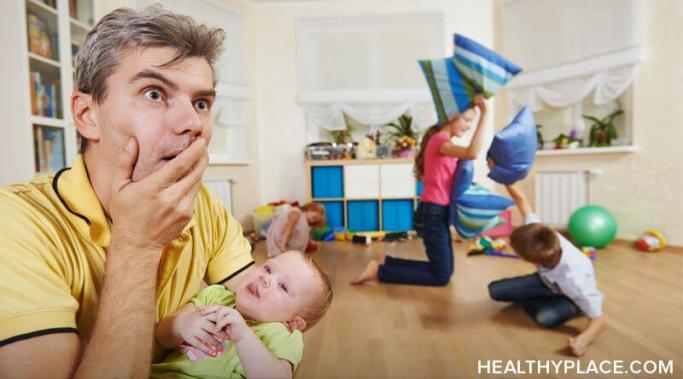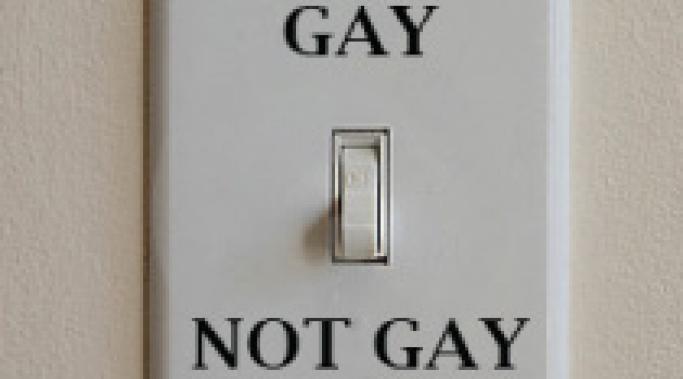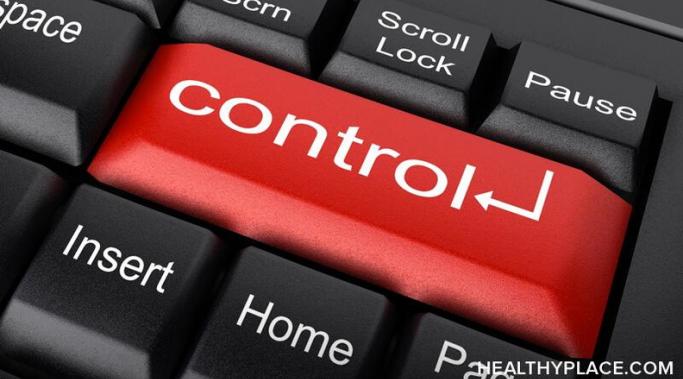Pushing the limits of my mental health lets me live an ambitious life, but it comes with a cost. There's so much I want to do, but overloading my schedule sometimes means sacrificing my mental health. I don't mean having a full-on episode of my mental illness, but rather, dealing with breakthrough symptoms that sometimes occur when I'm feeling overwhelmed. I feel like I have to choose between living symptom-free or pursuing my ambitions, so I often find myself pushing the limits of my mental health.
Lifestyle Changes
I am constantly testing my limits in mental illness recovery. I’ve always been an ambitious person – before as well as after receiving my diagnosis. I’m usually walking a fine line between barely holding it together and being symptomatic. I tolerate the occasional hallucinations just to continue with my busy life. I don’t want to give up anything. You only get one life and that’s it, so I plan to live it to the fullest and keep testing my limits – mental illness or not.
I've been parenting with a mental illness for a while now. My daughter just turned two years old, and people are asking if we’ll have another baby. There are so many stressful things about pregnancy and parenting when you have a mental illness. We have a lot to think about – even the second time around (Should People with Mental Illness Have Children?).
How much alone time is healthy for me? I used to ask that question multiple times a day when I was recovering from mental illness. Sometimes I felt like I was spending too much time alone and other times I felt like I wasn’t spending enough time alone. People who aren’t suffering from a mental illness may ask themselves this too, but in the case of mental illness recovery, I feel it is more of a tricky one: Isolation and loneliness harms mental health recovery, but taking no time for yourself isn't good for you either. How much alone time is healthy when in recovery from mental illness? A black-and-white answer doesn’t exist.
Staying hydrated is important to mental health. After a bout with dehydration, I wondered how staying hydrated could affect mental health. After researching the subject, I found that staying hydrated is important to mental health.
Can diet affect mental health? I went vegetarian for Lent this year. One thing I noticed is how much better I felt--I wasn't exhausted in the morning, I had more energy than normal, my head felt clear, and my mood was pretty much even all the time. It left me wondering "Can diet affect mental health?" And, if so, what dietary changes do we need to consider?
The closure of mental health treatment facilities is often a disaster for the patients being treated there (Inpatient Mental Health Treatment Facilities: Who Needs One?). When an abusive mental health treatment facility in Indianapolis closed, the patients flooded the city's low-income housing. The success stories still have apartments. The rest of the patients are either in jail, another institution, or dead. The closure of mental health treatment facilities must be done in a very careful fashion.
There are--and needs to be--different levels of housing for people with mental illness. Recently I moved from my apartment into a temporary group home--or, as I prefer to think of it, leapt from the frying pan and into the fire. I've traded a mouse and bedbug infestation for patients who can't control when they go to the bathroom, untrained staff, and staff that sometimes sleep on the job. That said, it beats a homeless shelter. It made me think about the need for different levels of housing for people with mental illness.
Should conversion therapy be banned? The controversial--and illegal for minors in some states--practice tries to change the sexual orientation of the patient. It's also known as reparative therapy, and is often practiced by fundamentalist Christians. It is opposed by all reputable medical organizations, from the American Psychological Association (APA) to the American Academy of Pediatrics. There is considerable debate over whether or not it is abusive--one California court put a minor in foster care after her mother sent her to a dubious psychiatric facility in Utah to cure her lesbianism--which leads to a question: Should conversion therapy be banned?
Have you ever noticed that control is a major life issue for people? And have you noticed that we all, as human beings, want to have control of ourselves, others, and pretty much the entire universe, if we had our way? Of course, you've noticed, because you've lived around other people enough to know that our quest to control permeates much of our lives.









